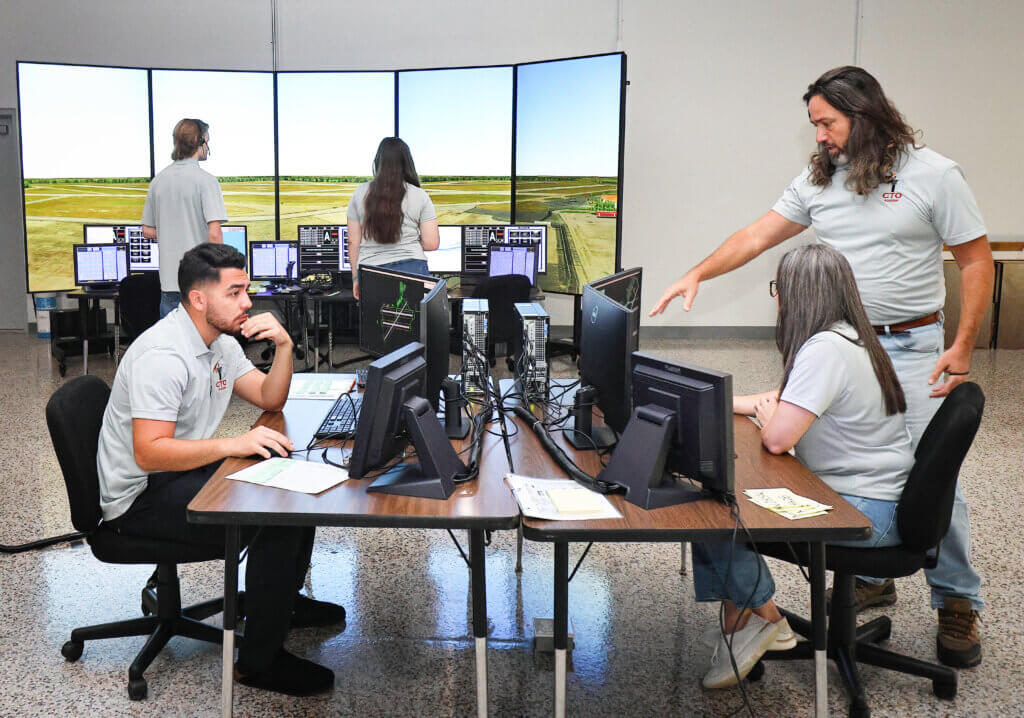Florida Poly Professor Hopes to Prevent App Collusion
A researcher at Florida Polytechnic University is working on the cutting edge of Android technology as he and a group of peers try to stymie criminals before they create a new kind of malware.
Karim Elish, an assistant professor of Computer Science, started working on Android security when attending Virginia Tech for his Doctorate, which he holds in computer science.
He recently wrote a research paper on the topic with two Virginia Tech faculty members, a faculty member at Washington State University and a software engineer at Lockheed Martin that was published in the journal IEEE Transactions on Mobile Computing.
“Working on the Android is a big opportunity to look at some new types of malware,” Elish said. He started with Google’s Android mobile operating system, instead of Apple’s iPhone, because the Android works on an “open” system and the iPhone works on a closed iOS network, he said.
The Idea
The goal of the research is to prevent malware collusion between apps before it starts, which, he said, is not done by any other tools.
Elish is developing tools to screen and analyze the code for some of the 2.7 million apps in the Google Play store to find out which ones might work together to steal a user’s identity, data or just incur charges under the user’s account.
Basically, Elish said, one app is installed and is harmless until a companion app is downloaded. The two apps then work together. Although this is more likely to happen with game apps, it could happen with any of them.
His research includes analyzing the code used to create apps “to try to extract some kind of features that distinguish the malware collusion from the regular benign apps,” he said.
Success means users should be able to distinguish whether the app they’ve just downloaded is safe or potentially harmful to them or their device.
Elish said working on cybersecurity is important as more and more people try to find ways to hack into the system for their personal gain.
He said that while there is no actual evidence that this kind of malware exists, they anticipate it will happen soon.
“We have to stay ahead of this cycle of crime and be proactive to prevent it before it happens.”
His research is supported by Florida Poly — the only state university dedicated to STEM (science, technology, engineering and math)
“They allow us to do more research in addition to teaching.”
This kind of cutting-edge technology and education is the type of research and development we hope to see more of while growing the Central Florida Innovation District.
For additional information about this topic or how to become a partner with the Central Florida Development Council, please contact Lindsay Zimmerman at lindsay@cfdc.org.



